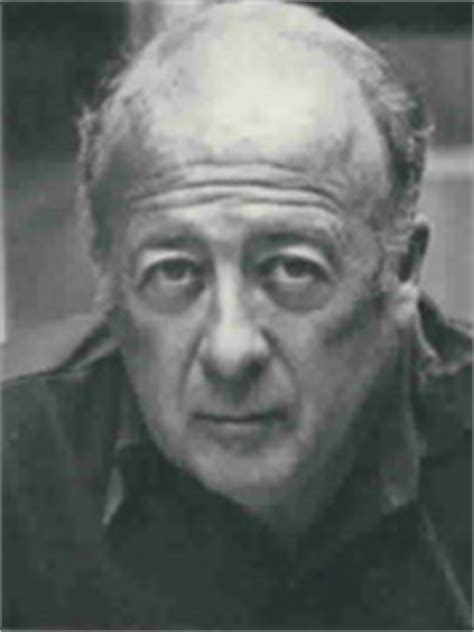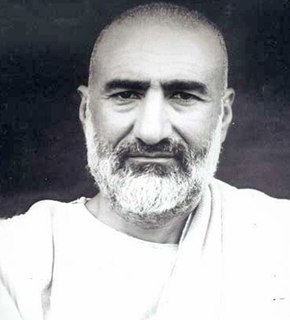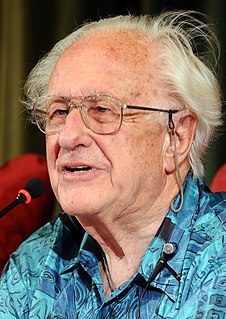A Quote by Christopher Paolini
Perhaps not one religion contains all of the truth of the world. Perhaps every religion contains fragments of the truth, and it is our responsibility to identify those fragments and piece them together.
Related Quotes
There is on the earth no institution which Friendship has established; it is not taught by any religion; no scripture contains itsmaxims. It has no temple, nor even a solitary column. There goes a rumor that the earth is inhabited, but the shipwrecked mariner has not seen a footprint on the shore. The hunter has found only fragments of pottery and the monuments of inhabitants.
Truth as a cultural ideal has functioned as an opiate, perhaps the only serious opiate of the modern world. Karl Marx said that religion was the opiate of the masses. Raymond Aron retorted that Marxist ideas were in turn the opiate of the intellectuals. There is perspicacity in both these polemical thrusts. But is perspicacity truth? I wish to suggest that perhaps truth has been the real opiate, of both the masses and the intellectuals.
I often say that I'm a Buddhist-Episcopalian. I say that partly to annoy people.I like to annoy people who think that a religion can contain the whole truth. No religion, it seems to me, contains the whole truth. I think it's mad to think that there is nothing to learn from other traditions and civilizations. If you accept that other religions have something to offer and you learn from them, that is what you become: a Buddhist-Episcopalian or a Hindu-Muslim or whatever.
There's truth in every religion. Christians believe that there's truth in every religion. But we just believe that there's one savior. We believe we can learn truth - I've learned a lot of truth from different religions. Because they all have a portion of the truth. I just believe there is one savior, Jesus Christ.

































